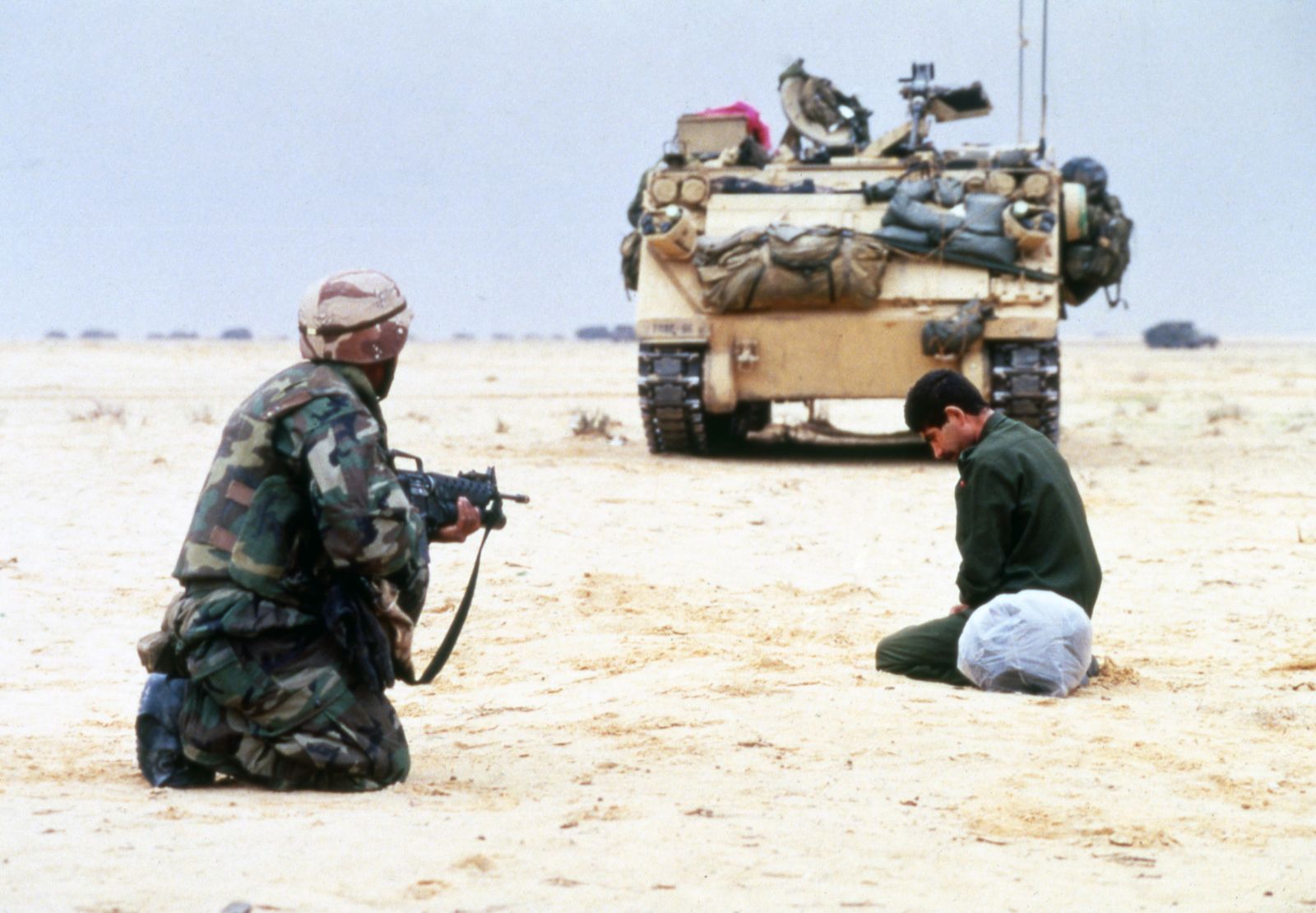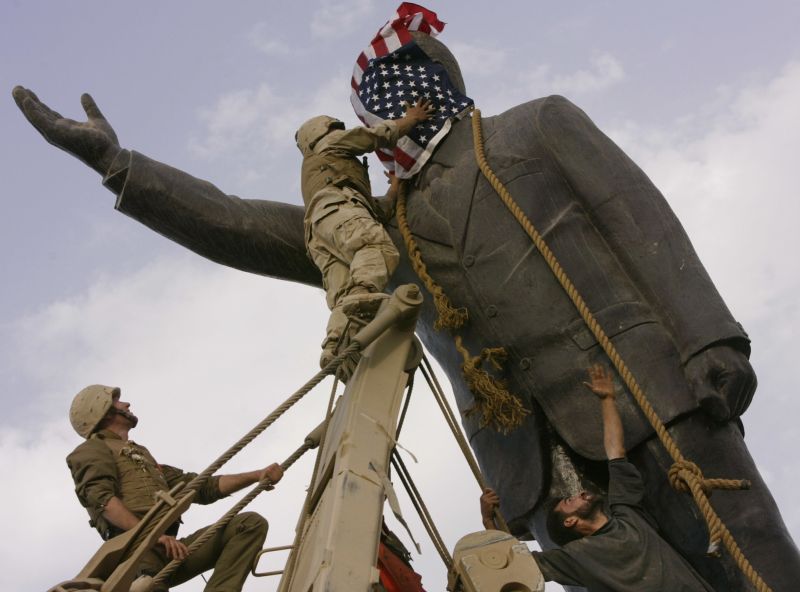UN budget
Anti-corruption inquiry to continue
With 141 votes in favour and one vote against, the UN General Assembly’s Budget Committee has approved Secretary-General Ban Ki-moon’s proposal for the next two years. Therefore, the world body will have nearly $ 4.2 billion at its disposal in 2008 and 2009 – five percent more than earmarked in the past two-year budget. The Committee normally approves the budget unanimously. This time, however, as two years ago, the United States had reservations. At the end of 2005, Washington gave its blessing only at the last minute, after the General Assembly approved reforms demanded by the US and Europe. This time, the Americans remained adamant, forcing a vote and registering their dissent, because of a budget earmark of $ 6.7 million for an anti-racism conference, which the US considers hostile to Israel. In 2001, Israel was sharply criticised for how it deals with Palestinians at the predecessor conference in Durban, South Africa. At the time, the US and Israel withdrew their delegations in protest.
In another matter, however, Washington did get its way this time, securing a one-year extension of the activities of a special task force created in early 2006 to investigate corruption allegations concerning procurement for UN peacekeeping missions. In the past two years, the task force uncovered acts of corruption and mismanagement by UN officials to the tune of more than $ 610 million – mostly in connection with the peacekeeping missions in Congo and Haiti. A total of ten UN staff working on those two missions – at levels extending right up to UN headquarters in New York – are charged with serious acts of bribe-taking. The 18-strong task force was formed after the so-called Volcker Commission had concluded its investigation of corruption linked to the aid programme for Iraq.
During the budget negotiations, Secretary-General Ban Ki-moon argued vigorously in favour of allowing the special unit to complete its current investigations. The group of developing countries in the General Assembly (G77) opposed prolonging the unit’s work. Singapore, in particular, agitated against the step. One of the highest-ranking suspects is a citizen of Singapore. Andrew Toh, former Assistant Secretary General, is suspected of having accepted bribes in connection with the award of contracts for the UN mission in Timor-Leste. So far, the anti-corruption unit has been unable to prove any of the allegations against him. In autumn 2007, Ban Ki-moon suspended Toh from office for refusing to cooperate in the inquiry. (ell)










